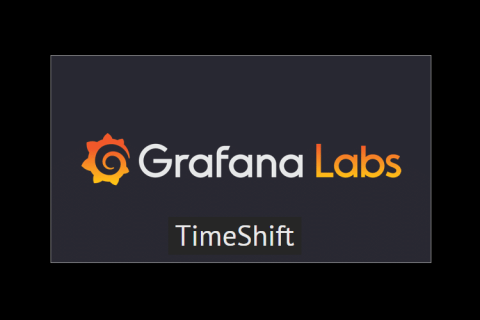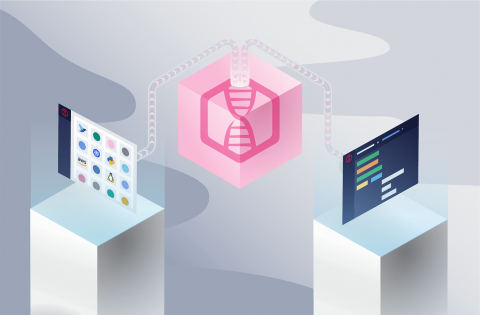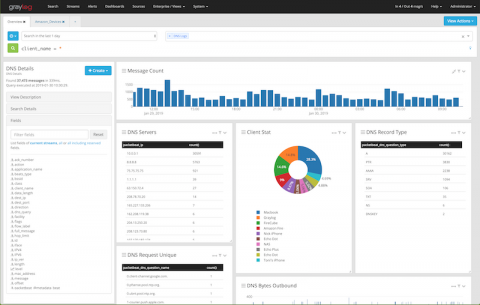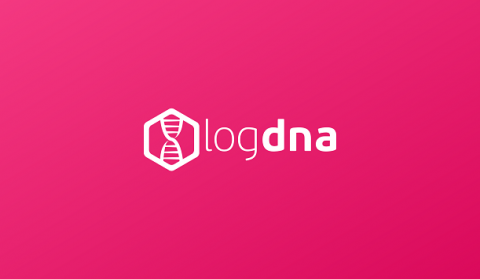Network Security Monitoring with Suricata, Logz.io and the ELK Stack
Suricata is an open source threat detection system. Initially released by the Open Information Security Foundation (OISF) in 2010, Suricata can act both as an intrusion detection system (IDS), and intrusion prevention system (IPS), or be used for network security monitoring.











